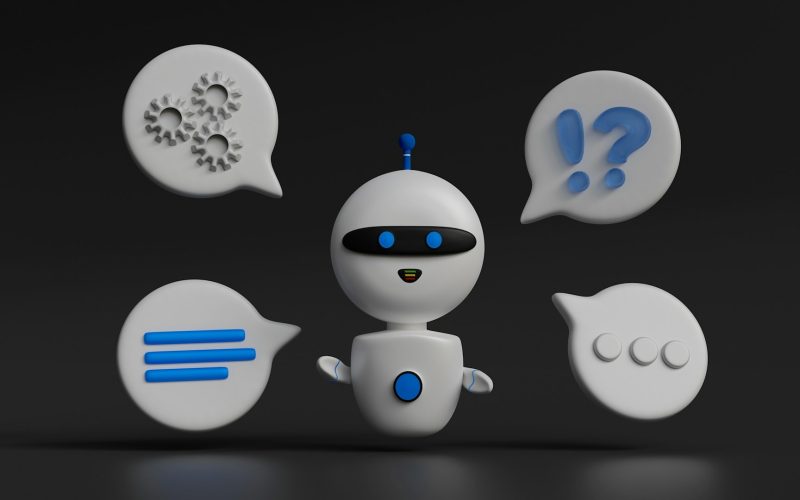AI is transforming workplace productivity and efficiency across industries by automating routine tasks, providing data-driven insights, filling gaps in creativity, enhancing decision-making, and increasing accessibility. Entrepreneurs in the field, such as Dan Thomson, are capitalising on AI’s capabilities to offer innovative solutions that are revolutionising the workplace.
This article will explore five ways that AI is creating positive shifts in productivity in the workplace.
1. Automating repetitive tasks
AI-powered tools can help with time-consuming tasks such as data entry, scheduling, and customer service queries through chatbots. By freeing employees from these mundane duties, AI allows them to focus on more strategic, high-value work that requires creativity and critical thinking.
In a study by EY, 82% of testers reported faster task completion using M365 Copilot, and 66% reported they had more time to focus on tasks that bring greater satisfaction.
2. Improving decision-making with data insights
AI analyses large volumes of data in real time, uncovering trends and insights that would be difficult for humans to detect manually. These insights enable more informed, data-driven decisions in marketing, finance, or operations, leading to better outcomes and more agile strategies. Business leaders are enabled to make smarter decisions faster.
A study by PWC reports that 54% of executives say that AI solutions have increased productivity in their businesses by aiding human decision-making.
3. Generating ideas and content
Generative AI tools, including ChatGPT, have revolutionised the creation of written content, capable of writing social media posts, research abstracts and even legal documents. It can also be used as a tool to aid creatives, speeding up content and document creation.
Carl Benedikt Frey, future of work director at Oxford University explains that GenAI can help knowledge workers brainstorm and generate new ideas, remarking that he’s seen it do things like test for counterarguments to a thesis.
4. Preserving organisational knowledge
Dan Thomson, CEO and Founder of Sensay is pioneering Replicas as a Service (RaaS) through AI-powered digital clones that preserve and extend organizational knowledge. The replicas are trained on employee emails, WhatsApp, Slack, reports, and documents to create unique ‘digital twins’ with the employee’s knowledge and skills. These allow employees to have more downtime, with their digital replicas handling tasks and leveraging their expertise for them while they’re away. This technology is drastically improving work-life balance and productivity for white-collar workers in highly pressurised industries.
5. Personalizing training and increasing inclusivity
AI-powered tools are reshaping work environments to accommodate individual needs. AI-driven platforms can personalise learning and development by analysing employees’ skills, performance, and areas for improvement. By delivering tailored training content and recommending growth paths, AI helps employees upskill more effectively, enhancing overall workforce productivity. AI also improves employers’ abilities to accommodate neurodiverse individuals and those with disabilities with the potential for adapted workspaces, training, and adjustments.
It’s clear that as workplaces in all sectors are incorporating AI into their everyday operations, students and employees will need to up-skill in AI to ensure they are prepared. In fact, CEO of Sensay, Dan Thomson argues that to develop talent with the right skills for the workplaces of the future, the UK needs to create its own dedicated AI University.
Final thoughts
While many people fear the negative impacts of AI, not least the loss of certain jobs, there are clearly many uses for AI in the workplace that are having a profoundly positive effect. Implementing AI-driven solutions is leading to increased efficiency and productivity, as well as empowering business leaders to drive innovation and long-term success.









